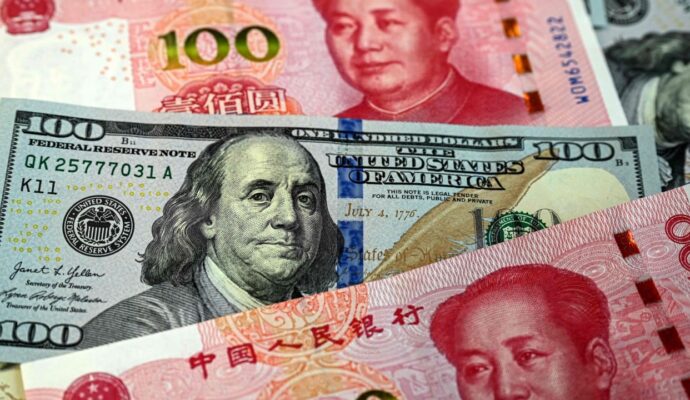It was probably a moment for the history books as we move into a more uncertain time, with the world increasingly divided along ideological and geopolitical fault lines.
Last week US Secretary of State Antony Blinken declared that Washington’s intensifying feud with “authoritarian, revisionist” powers led by China and Russia marked the end of the post-Cold War world order.
According to Tsinghua University strategist Yan Xuetong, China’s rise as a junior superpower will bring a bipolarity that could “spell the end of sustained multilateralism”.
Advertisement
He warned that “the transition will be a tumultuous, perhaps even violent, affair, as China’s rise sets the country on a collision course with the United States over a number of clashing interests”.
Indeed, the past few months have seen the rapid rise of rival blocs of ideologically aligned states, with America’s alliance-based Indo-Pacific strategy making significant inroads into China’s periphery region.

In the meantime, Washington has tried to maintain open lines of communication with Beijing “from a position of strength”, as Blinken put it last week, to avoid miscalculation and conflict.
Advertisement
Details of the latest meetings remain scant, and while it is a positive sign that high-level exchanges have resumed it is unrealistic to expect anything substantial from the increased dialogue – even if Xi does meet Biden.
Advertisement
There is little indication that either Beijing or Washington is willing to make major concessions or change their confrontational tone. When Blinken visited Beijing in June, Wang took aim over the deterioration of bilateral ties, saying the US must “reflect upon itself” for its misperceptions of Beijing and “misguided China policies”. When they met again in Jakarta a month later, Xi’s top foreign policy aide reiterated that the US “needs to reflect on the root cause of the serious difficulties” in the bilateral relationship.
Biden to meet Pacific Island nations as US-China attention stays high
Biden to meet Pacific Island nations as US-China attention stays high
There is meanwhile talk of an emerging authoritarian axis. Putin is apparently keen to meet Xi in Beijing next month and attend a Belt and Road Initiative summit, while rumours are swirling about a possible China visit by North Korean leader Kim Jong-un – creating an opportunity for the first trilateral summit between Xi, Kim and Putin.
Advertisement
China has so far been careful to avoid such a three-way coalition with its neighbours, despite its growing concerns about US alliances in the Indo-Pacific. But if Kim’s visit is confirmed, it could be the start of this axis – and a groundbreaking shift in regional geopolitics.
Advertisement

